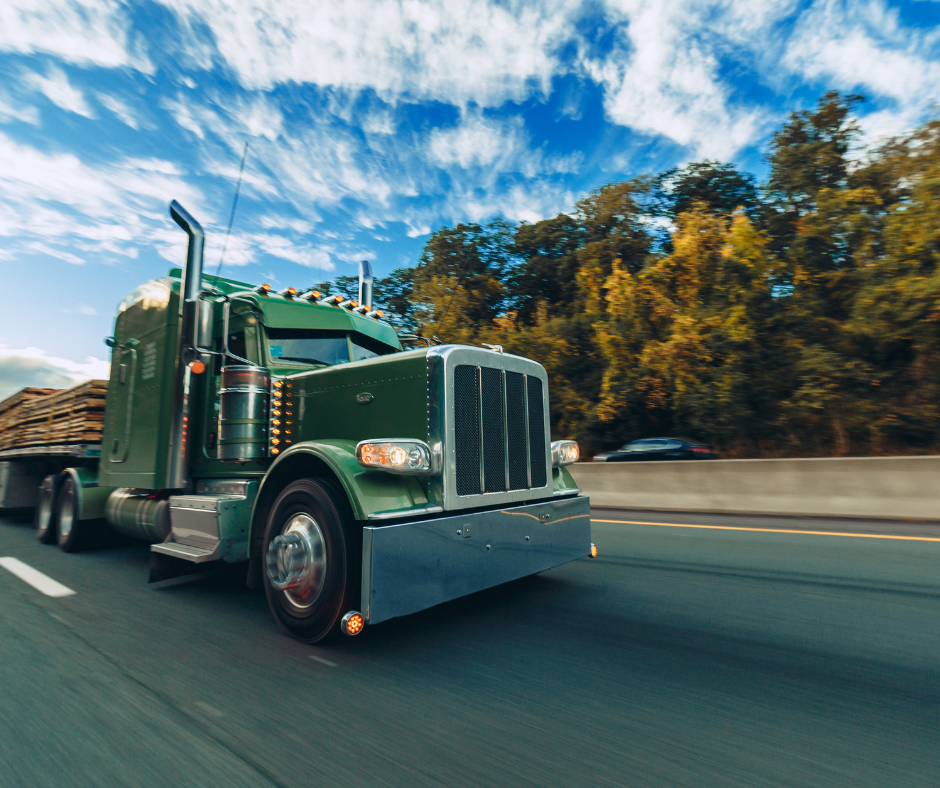Commercial Learner’s Permit (CLP) vs Commercial Driver’s License (CDL)
- Dr. Sean Goffnett & Samantha Allen

- Mar 28, 2024
- 3 min read
Why do you need a CLP before you get a CDL? What’s the difference between them? How do I get a CLP? Keep reading to find out!

What is a CLP?
CLP is an abbreviation for Commercial Learner’s Permit. The CLP is a document that allows new drivers to be able to train behind the wheel of a commercial vehicle in preparing for the CDL skills test. Holders of a valid CLP may operate a CMV only when accompanied by the holder of a valid CDL, who has the proper class and endorsements necessary to operate the CMV. In short, you must pass the specific knowledge exam for the vehicle type that you plan to operate. Learn more about the written knowledge exam here.
What is a Commercial Driver’s License?
A CDL is a specialized operator’s license issued by a State after proving you have the knowledge and skill to drive a CMV of a particular classification for business purposes. To obtain a CDL, you must pass Entry Level Driver Theory (ELDT), obtain a medical authorization after passing a DOT physical, pass the State’s written CDL knowledge test (thereby obtaining a CLP) and pass the State’s CDL Skills Test. Learn more about the CDL Skills Test here.
What is the difference between a CLP and a CDL?
A CLP is a special operating permit issued by a State that authorizes you to operate a CMV on a range and on public roads for training purposes under the direct supervision of a valid CDL holder for the type of vehicle class you will operate or intend to operate. As mentioned above, the CLP holder has taken and passed the CDL general knowledge test that meets the FMCSA standards for the CMV they operate or plan to operate.
How do I get a CLP? What are the requirements of obtaining a CLP?
The CLP only authorizes you to practice on public roads with a qualified CDL holder riding with you. Getting the CLP requires more than just passing the different knowledge tests for the type of driving you want to do. There are some minimum requirements that must be met to obtain a CLP. Your driving record will be checked, across all 50 states, going back 10 years. Different states may have additional requirements for obtaining a CLP and a CDL. Some of the more common requirements are listed below:
You must be at least 18 years of age
You must be 21 years of age for interstate driving and hauling hazmat
Possess a non-commercial driver’s license in a non-permit status
Provide proof of citizenship or lawful residency
Birth certificate
Valid passport
Right to work documents approved by homeland security i.e. I94, I55 credentials
Pass all required background checks
Medical card (“DOT Card” - proof of DOT physical)
See the standard workflow for obtaining for CLP and CDL below:
Read more here about how to get your CDL after you have received your CLP Permit.
Struggling to create the right plan to finance and start a trucking business? Download our Trucking Business Plan Starter Bundle today!

Interested in being notified when more free resources or courses are available? Subscribe down below and you'll be the first to know!
Soshaul Logistics LLC and its affiliates do not provide tax, legal or accounting advice. This material has been prepared for informational purposes only, and is not intended to provide, and should not be relied on for, tax, legal or accounting advice. It is meant to serve as a guide and information only and Soshaul Logistics, LLC does not assume responsibility for any omissions, errors, or ambiguity contained herein. Contents may not be relied upon as a substitute for the FMCSA's published regulations. You should consult your own tax, legal and accounting advisors before engaging in any transaction or operation.





Comments